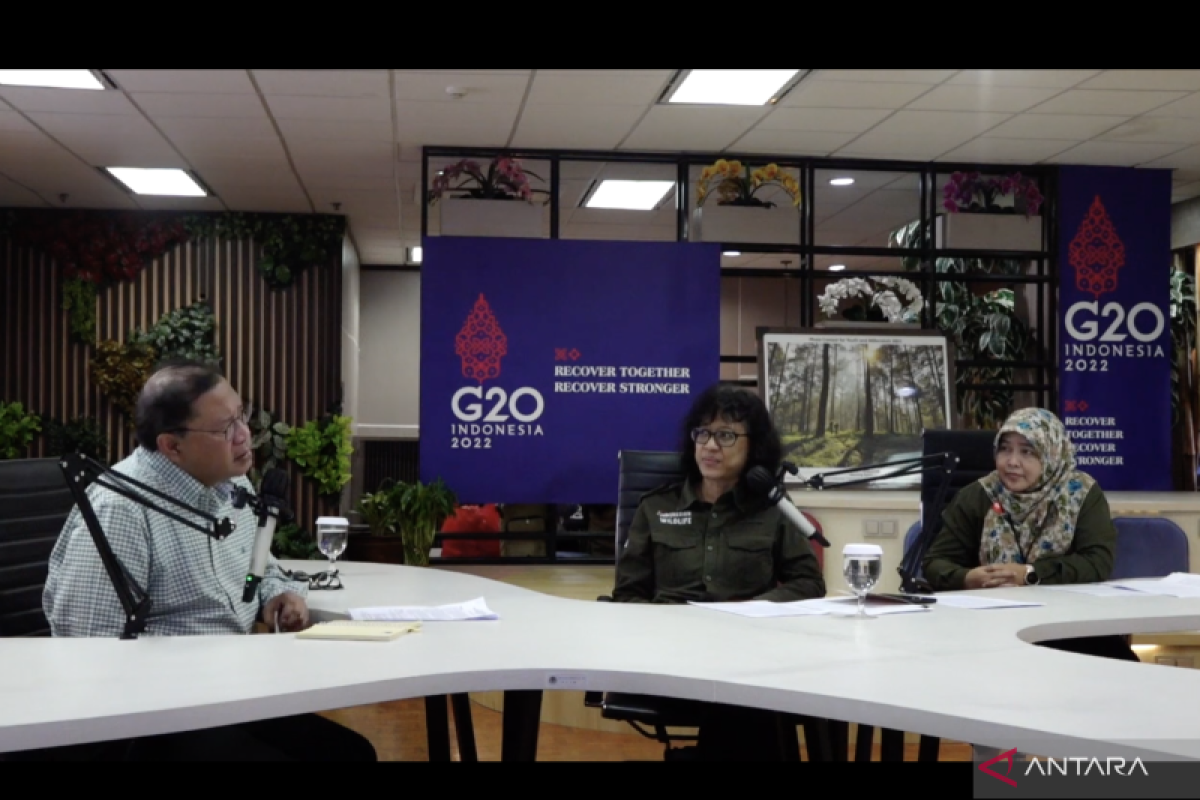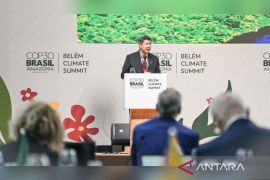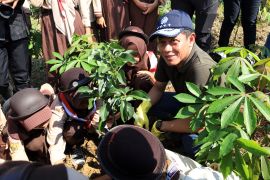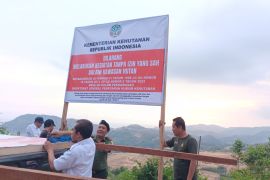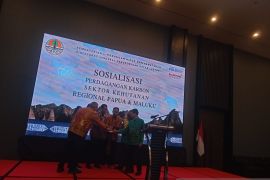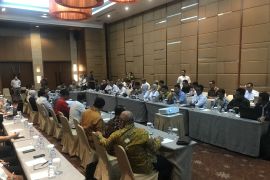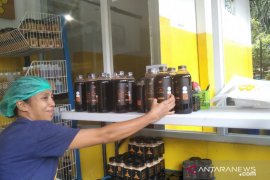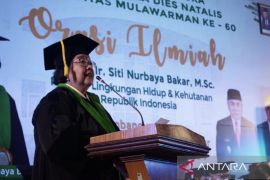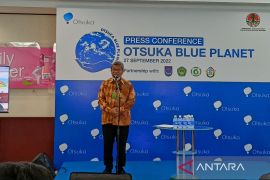We want to change the paradigm that conservation always spends expense, (but actually) no, the conservation can also be profit-centered (activity).Jakarta (ANTARA) - The Environment and Forestry Ministry (KLHK) is developing bioprospecting as one of the endeavors to encourage conservation activities to also become a source of income to improve Indonesian people’s welfare.
At a virtual podcast titled "Climate Corner" on Wednesday, Director for Conservation of Species and Genetics Biodiversity at the ministry Indra Exploitasia Semiawan stated that her side had striven to change the perception that a lot is generally spent on conservation activities.
“We want to change the paradigm that conservation always involves spending expense, (but actually) no, conservation can also be a profit-centered (activity),” she remarked.
Bioprospecting is a scientific attempt to explore local biological and genetic resources to create commercial products from biodiversity, she remarked.
"It (bioprospecting) is a program that is being developed by KLHK, and it has also been included in the RPJMN (National Medium-Term Development Plan)," the director stated.
Semiawan remarked that the development of bioprospecting also aims to realize the goals of Convention on Biological Diversity (CBD) that promotes the conservation and sustainable use of biological diversity.
“(We attempt on) how to develop the activities that seem to cost a lot to provide something (benefits) for the country and the community,” she noted.
Related news: Ministry elaborates on government's view on nature conservation bill
Related news: BNPB pushes mangrove conservation in northern Java as flood-prevention
Ecotourism can be an example of conservation activities that also profited the community, Semiawan stated.
She also noted that "jamu," or Indonesian traditional medicine, is one of the potential commodities to be further developed through bioprospecting.
Furthermore, she stated that conservation programs cannot only be implemented by the government, but it also needs support from other parties.
“All conservation activities are collective works. It is an attempt that must be carried out together,” the director emphasized.
The collaboration is not only required in financing the activities but also in realizing the three principles of conservation -- protection, sustainable utilization, and preservation -- on ecosystem, species, and genetics, she stated.
"It (the conservation) is an enormous work. Certainly, we cannot conduct it alone. Thus, we must do it together with other stakeholders," she affirmed.
Related news: West Papua's Ugar Village has sustainable ecotourism potential: govt
Related news: Around 90% of Bali tourists interested in ecotourism: minister
Translator: Prisca Violleta, Uyu Liman
Editor: Yuni Arisandy Sinaga
Copyright © ANTARA 2023
